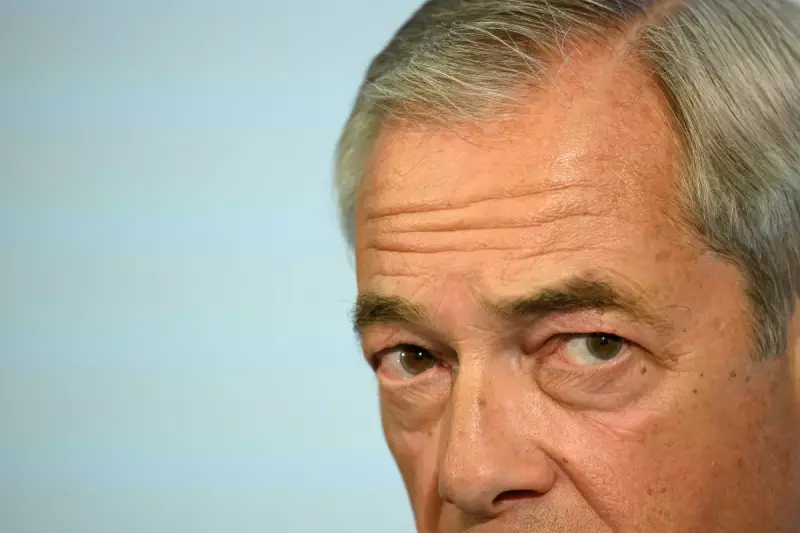
In his inaugural major address since dramatically returning to frontline politics, Nigel Farage delivered a speech that was notably light on concrete policy proposals but heavy on the political instincts that have made him one of Britain's most influential figures.
The Reform UK leader, addressing supporters in London, opted for broad strokes rather than detailed blueprints, focusing instead on what he termed the "betrayal" of Brexit and the failure of both major parties to address core voter concerns.
The Art of Political Instinct Over Policy Detail
While critics were quick to highlight the absence of costed policies, political analysts noted that Farage's approach reveals a sophisticated understanding of his current position. Rather than presenting a fully-formed government programme, he's positioning Reform UK as the voice for voters disillusioned with the political establishment.
His speech strategically targeted traditional Labour voters in the Midlands and North of England, areas that overwhelmingly supported Brexit but feel their decision hasn't been properly implemented.
Immigration Takes Centre Stage
Farage placed immigration at the heart of his address, arguing that both Conservative and Labour approaches have failed. "We voted to take back control of our borders," he declared, "yet what we've seen is record levels of immigration and a system in chaos."
This messaging is calculated to resonate in constituencies where immigration concerns cut across traditional party loyalties, potentially creating unexpected challenges for both major parties.
The Conservative Conundrum
Farage's return presents a particular headache for Rishi Sunak's Conservatives. With Reform UK polling consistently around 10%, the party threatens to split the right-leaning vote in numerous constituencies.
This could prove decisive in marginal seats where even a small percentage of voters switching to Reform might tip the balance in Labour's favour.
The timing of Farage's political comeback, just as the election campaign entered its crucial final weeks, suggests a carefully orchestrated strategy to maximise impact while minimising scrutiny of detailed policies.
A Long-Term Political Game
What Farage's speech lacked in policy substance, it made up for in strategic positioning. He appears to be playing a longer game than simply winning seats in this election. By establishing Reform UK as the standard-bearer for disaffected voters, he's building a platform for future political influence.
Whether this instinct-over-detail approach will translate into parliamentary seats remains uncertain, but one thing is clear: Nigel Farage has re-entered British politics with his characteristic understanding of the national mood, even if the policy manual remains unwritten.





